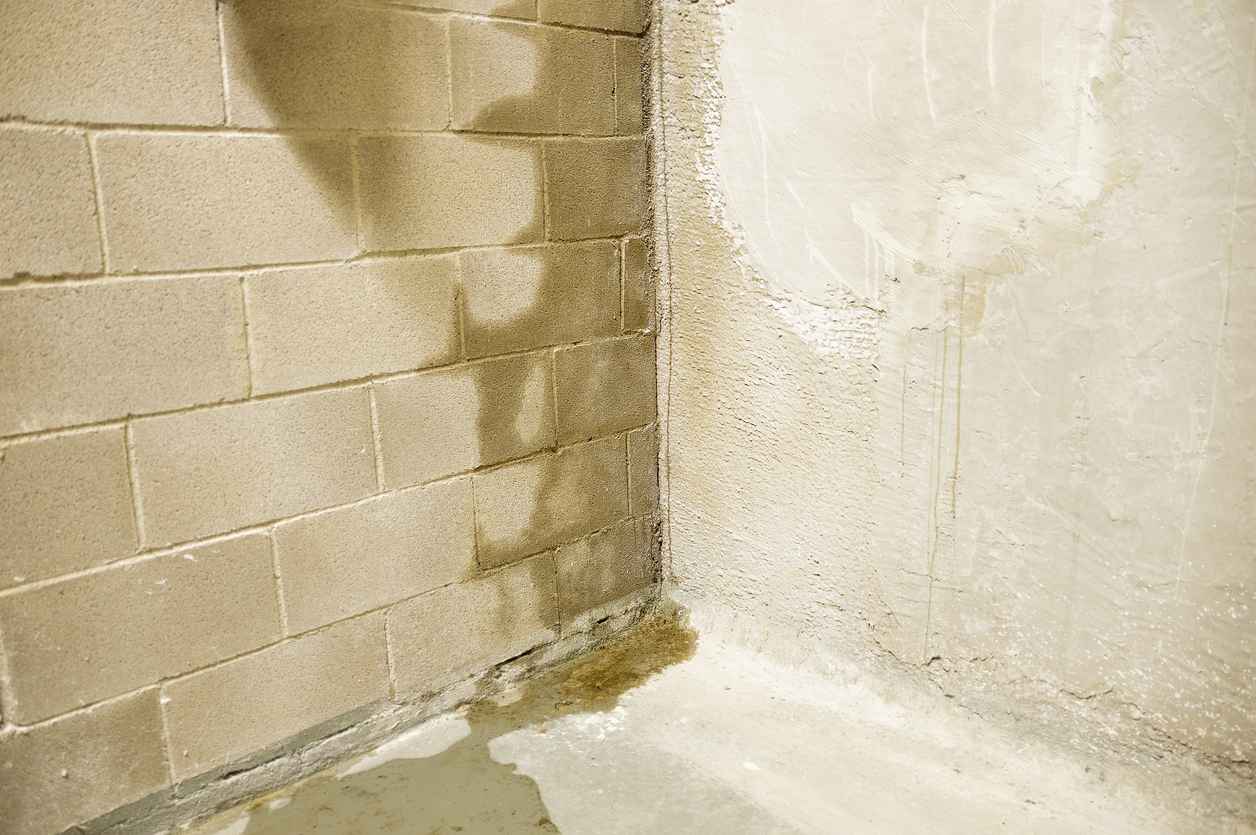Resources
How to Prevent Condensation on Basement Walls

Condensation on basement walls is a common issue for homeowners, especially in regions with fluctuating temperatures and humidity levels. This moisture buildup can lead to serious problems like mold growth, damp odors, and even structural damage if not addressed promptly. Understanding why condensation forms and how to prevent it is key to keeping your basement dry and protecting your home.
In this blog, we’ll explore why condensation occurs, the risks it presents, and the most effective strategies to prevent condensation from forming on your basement walls.
Why Does Condensation Form on Basement Walls?
Condensation happens when warm, moist air comes into contact with a cooler surface, like your basement walls. Since basements are often below ground, their walls tend to stay cool throughout the year, especially during the summer months when the temperature outside rises. As the humid air meets the cooler basement walls, moisture condenses and forms water droplets.
Some common causes of basement condensation include:
- High humidity levels: Humidity from the outside air or from activities like laundry and cooking can raise the moisture levels in your basement, causing condensation.
- Poor ventilation: Without proper airflow, humid air can accumulate in the basement, increasing the chances of condensation.
- Temperature differences: The contrast between the warm air inside and the cooler temperature of the basement walls creates the perfect conditions for condensation.
The Risks of Condensation in Your Basement
Excess moisture in your basement can lead to several issues if left unchecked. Some of the most common problems include:
Mold and Mildew Growth
Dampness creates the perfect environment for mold and mildew to grow. These can spread quickly on walls, floors, and any stored items in your basement, potentially causing health issues like allergies and respiratory problems.
Structural Damage
Over time, continuous exposure to moisture can weaken your basement’s foundation and walls. This can result in cracks, which further allow water to seep in, exacerbating the problem.
Musty Odors
Persistent dampness often leads to a musty, unpleasant smell in your basement. This can make the space uncomfortable to use and difficult to eliminate without addressing the underlying moisture issue.
Damage to Belongings
Condensation can also cause damage to anything stored in your basement, especially if items are made of wood, paper, or fabric. Important documents, furniture, and seasonal clothing could be at risk of mildew and mold damage.
Preventing Condensation on Basement Walls
Preventing condensation on your basement walls involves controlling both the temperature and the humidity levels in your home. Here are several effective strategies to help keep your basement dry:
Improve Basement Ventilation
Proper ventilation is one of the easiest ways to reduce moisture levels in your basement. Make sure your basement has enough airflow by opening windows, installing vents, or using exhaust fans, particularly when performing activities that produce moisture, like doing laundry or running a dehumidifier.
Use a Dehumidifier
A dehumidifier is one of the most effective tools for managing humidity levels in your basement. By removing excess moisture from the air, a dehumidifier can help prevent condensation from forming on walls and other surfaces. Place the dehumidifier in the most humid part of your basement and empty it regularly to ensure it’s working efficiently.
Insulate Basement Walls and Pipes
Adding insulation to your basement walls and exposed pipes can help reduce the temperature difference that causes condensation. Insulated walls stay warmer, lowering the likelihood of condensation forming when warm air comes in contact with them. Insulating pipes also prevents condensation from dripping and pooling on basement floors.
Seal Cracks and Gaps
Check your basement walls for cracks or gaps that could allow moisture to seep in from outside. Sealing these openings with waterproof sealants can prevent water infiltration and reduce overall moisture levels in the basement.
Install a Vapor Barrier
A vapor barrier can be an excellent way to prevent condensation in your basement. Vapor barriers work by blocking moisture from the ground, reducing the amount of humidity that can build up inside your basement. Installing a vapor barrier on basement floors and walls can help maintain a dry environment.
Control Indoor Humidity Levels
Keep an eye on the humidity levels in your home, especially during humid months. Using air conditioning or whole-home dehumidification systems can help manage moisture throughout your home, including your basement.
Regular Maintenance
Ensure that your home’s drainage system is working correctly. Make sure gutters and downspouts are directing water away from your home’s foundation, and check for leaks or standing water around your home’s exterior that could contribute to moisture issues in your basement.
Basement Waterproofing Services in Michigan
If you’re experiencing condensation issues or need help with your basement or crawl space, contact Michigan Basements. Our team of experts is ready to assist with all your basement and crawl space needs, ensuring a dry and safe environment for your home.


